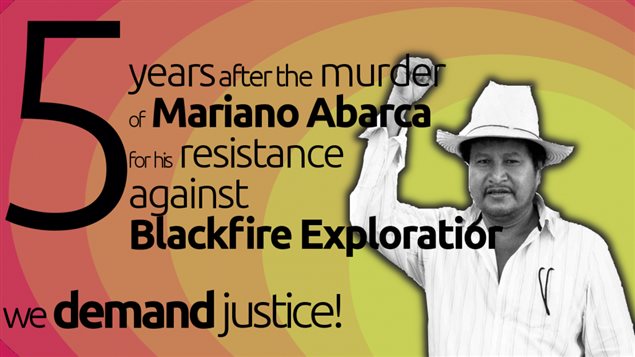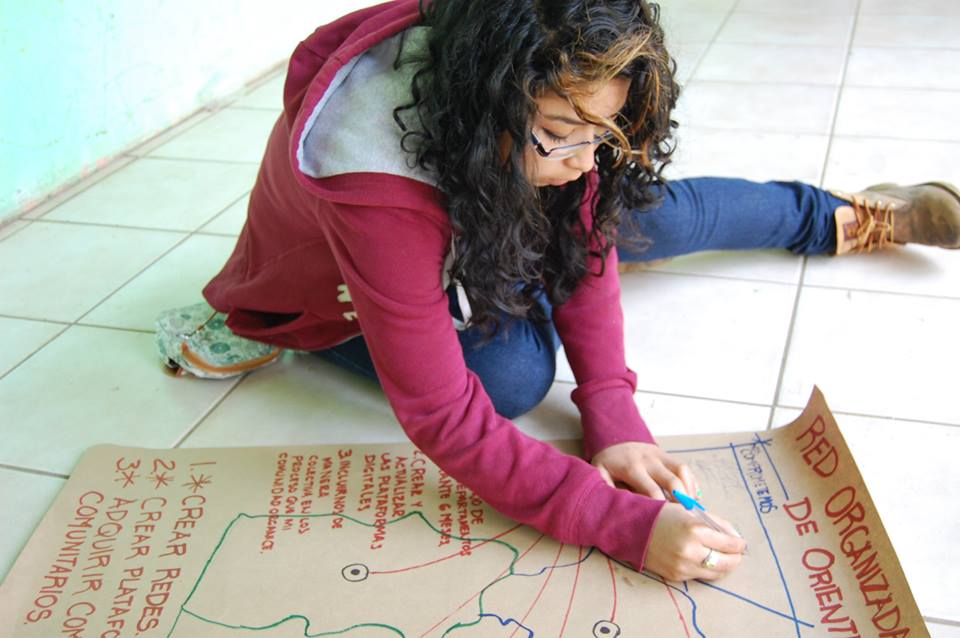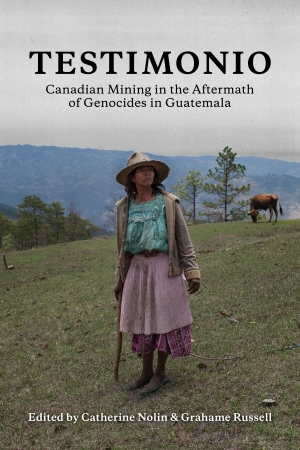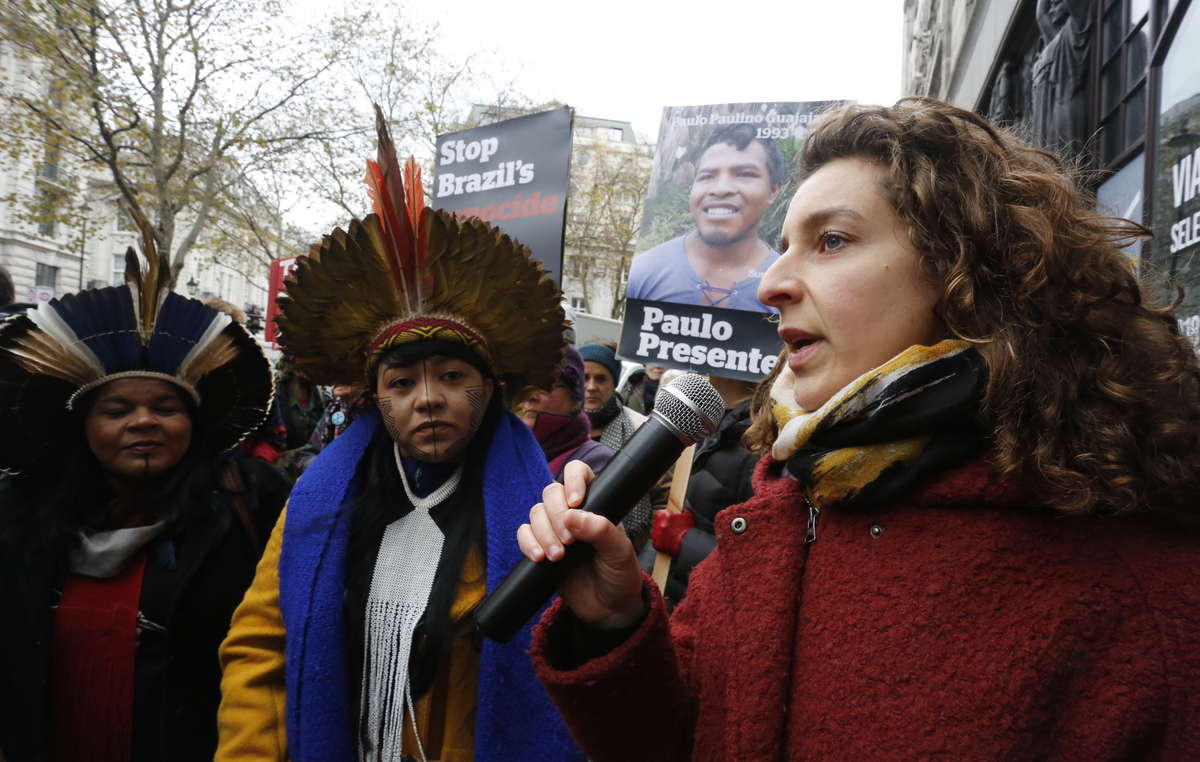A study by York University's Osgood Law School professor Shin Imai documents how Canadian mining companies used violence that killed 44 people in Latin America, part of a pattern in which these firms have not been held to account. However that may be changing with Supreme Court of Canada allowing a B.C. case to proceed against Canadian mining firm Nevsun Resources involving allegations of slavery at an Eritrean mine.
The Supreme Court of Canada has given Eritrean refugees the green light to proceed with claims against Nevsun Resources regarding alleged human rights abuses at its Bisha mine in Eritrea
Most of us don't associate Canadian businesses with assault and murder. But between 2000 and 2015, 44 people died as a result of violence surrounding Canadian-owned mines in Latin America. The stories behind those killings, some of which are documented in a 2016 study by Shin Imai, a professor at York University's Osgoode Hall Law School, are harrowing.
According to his report, mine protesters in Guatemala have reportedly been beaten, arrested, kidnapped and shot. Women living in communities surrounding the mines have been raped. In 2009, a political activist who opposed a Canadian mine in El Salvador was found dead in a well, his fingernails removed.
These atrocities rarely make headlines in Canada. The victims are poor and live in faraway developing countries. ...
But after decades of brutality, complacency can set in. The problems seem intractable and become part of the cost of doing business.
There is cause for hope. There have recently been some major developments that could result in real change.
One is that countries like Guatemala and Chile are now doing more to protect Indigenous peoples and their land. In 2017, Guatemala's supreme court surprised many by suspending operations at Escobal, a massive silver mine built by Vancouver-based Tahoe Resources, ruling that the government did not adequately consult locals before approving the mine. Tahoe's share price plummeted by 33% in one day, and before long, the company became a takeover target for Vancouver-based Pan American Silver.
Investors were similarly shocked when Chile's environmental regulator ruled that Barrick Gold had to shutter the Chilean portion of its Pascua-Lama mine, which straddles the border between Chile and Argentina, partly because of problems with its water management system. The mine was once one of Barrick's most promising projects, and the shutdown forced the company to write down almost half a billion dollars.
More important, for the first time ever, Indigenous peoples are now suing Canadian mining companies through Canadian courts, rather than relying on the local justice system. Cases against Tahoe, Toronto-based Hudbay Minerals and Vancouver-based Nevsun Resources (which was recently acquired) are now being heard in Toronto and Vancouver. If any of those companies lose, the ramifications will be huge. It will essentially mean that Canadian operations in developing countries can be held to the same human rights standard we have here at home, rather than the weaker standard found in many Latin American, South American and African countries.
That will be hard on some mining companies. Having to meet the Canadian standard will put them at a competitive disadvantage to mining companies based in China or Russia, where the injured are unlikely to have such recourse. But there could be benefits as well. As Canada gets a reputation for operating safe, sustainable mines around the world, we may become the preferred source of minerals for more progressive manufacturers and the preferred partner for more progressive investment funds.
The world is changing. Indigenous land claims, environmental standards and protection for human rights will continue to grow stronger in Canada and overseas. Some mining companies will ignore the shift and continue to conduct business as usual. But that approach is starting to get expensive. Just ask Tahoe.
https://www.theglobeandmail.com/business/rob-magazine/article-people-are...



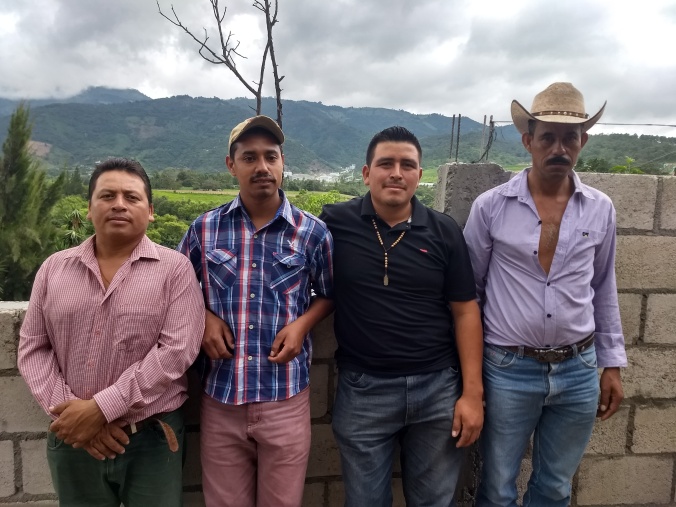




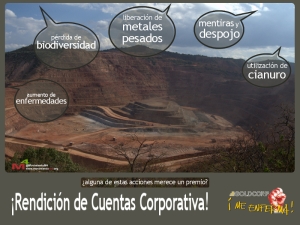



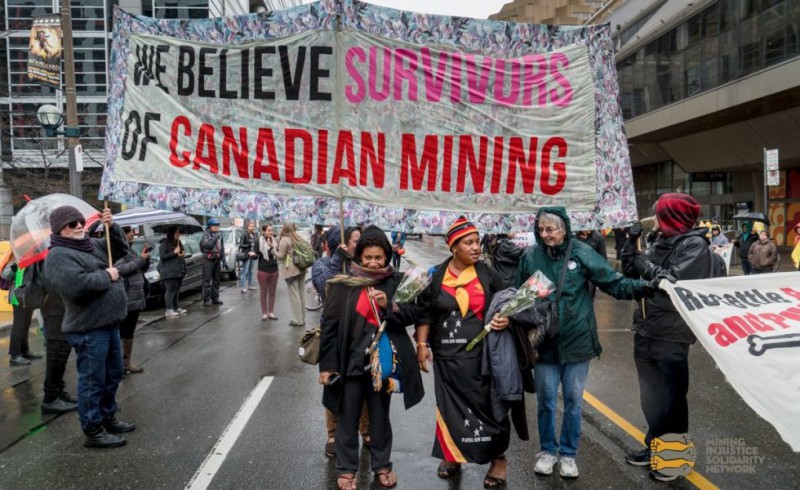
/arc-anglerfish-tgam-prod-tgam.s3.amazonaws.com/public/OZR26M6R3NABDJIXV5LOVPVDHA)
/arc-anglerfish-tgam-prod-tgam.s3.amazonaws.com/public/MHEHVYWLCZDDRJAYKJDT4DVSIQ)
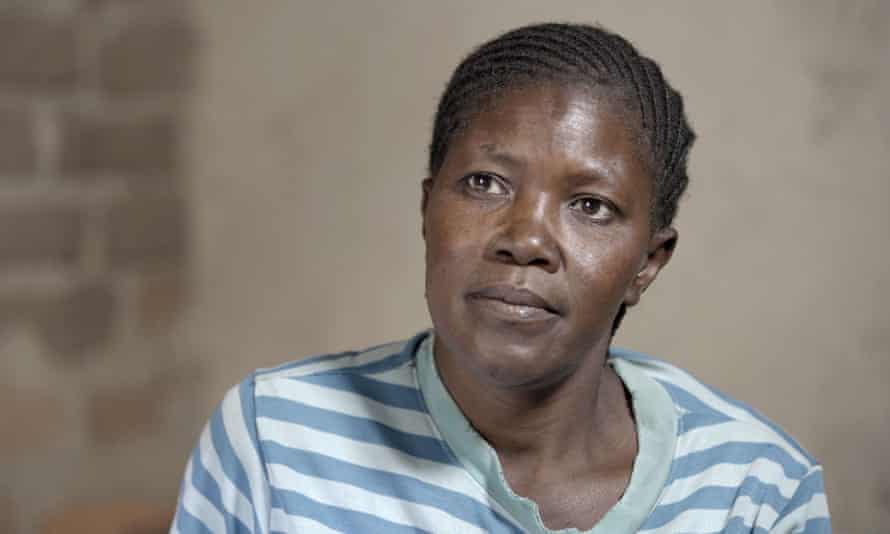
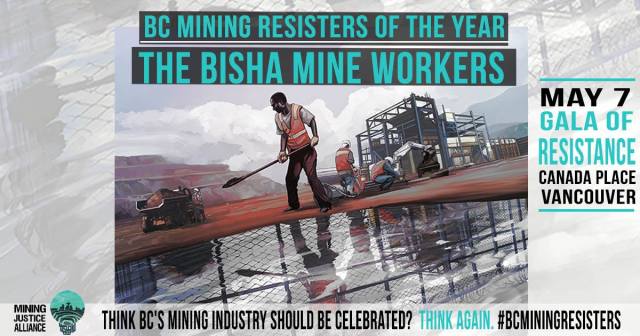
 Berta Cáceres
Berta Cáceres
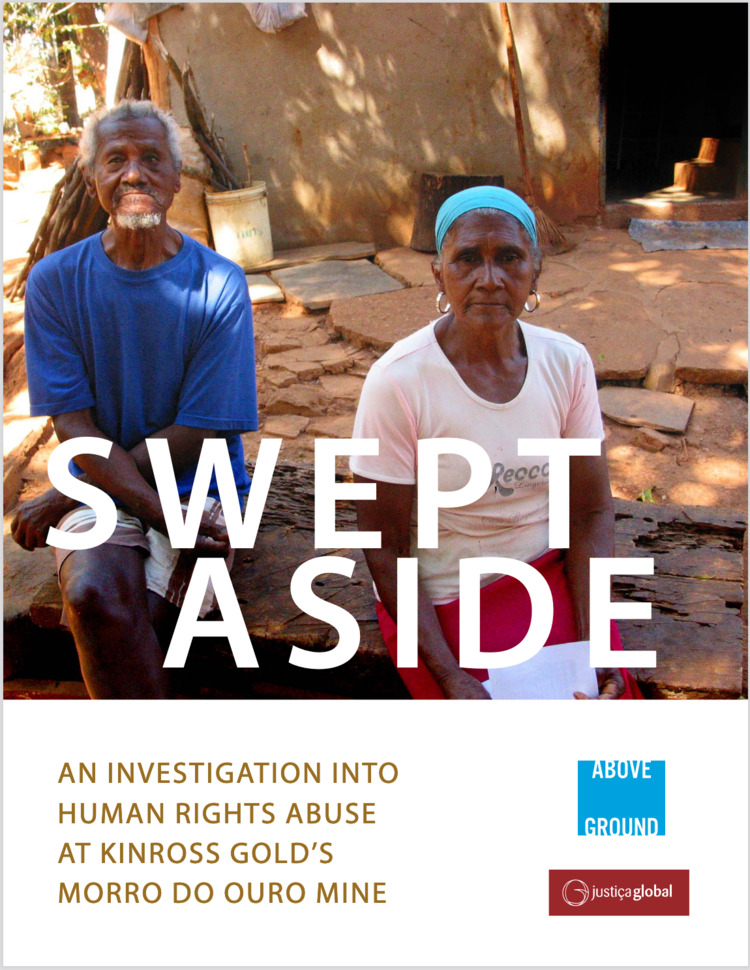



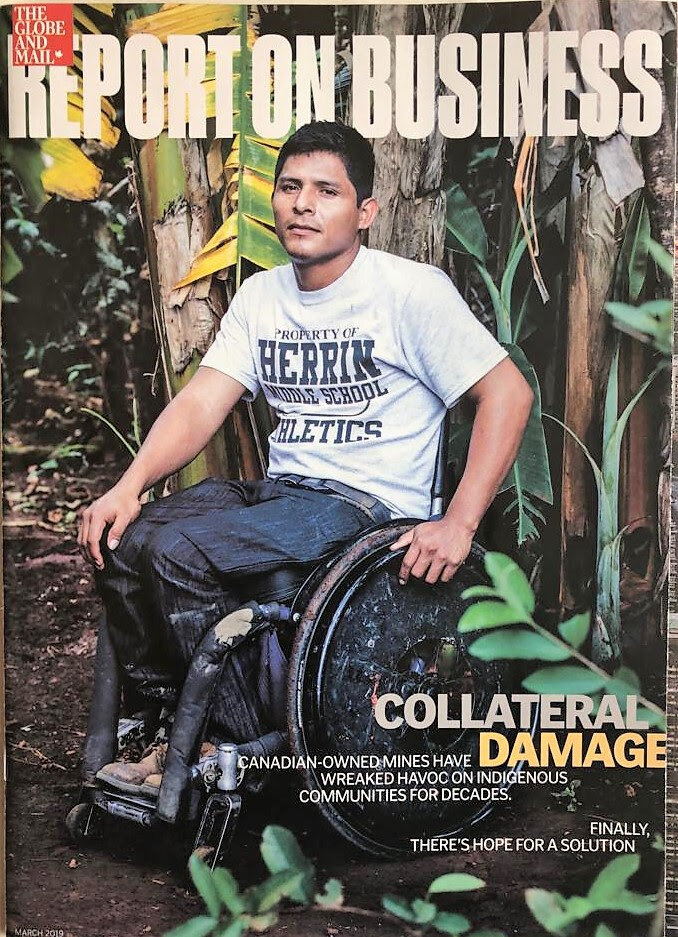



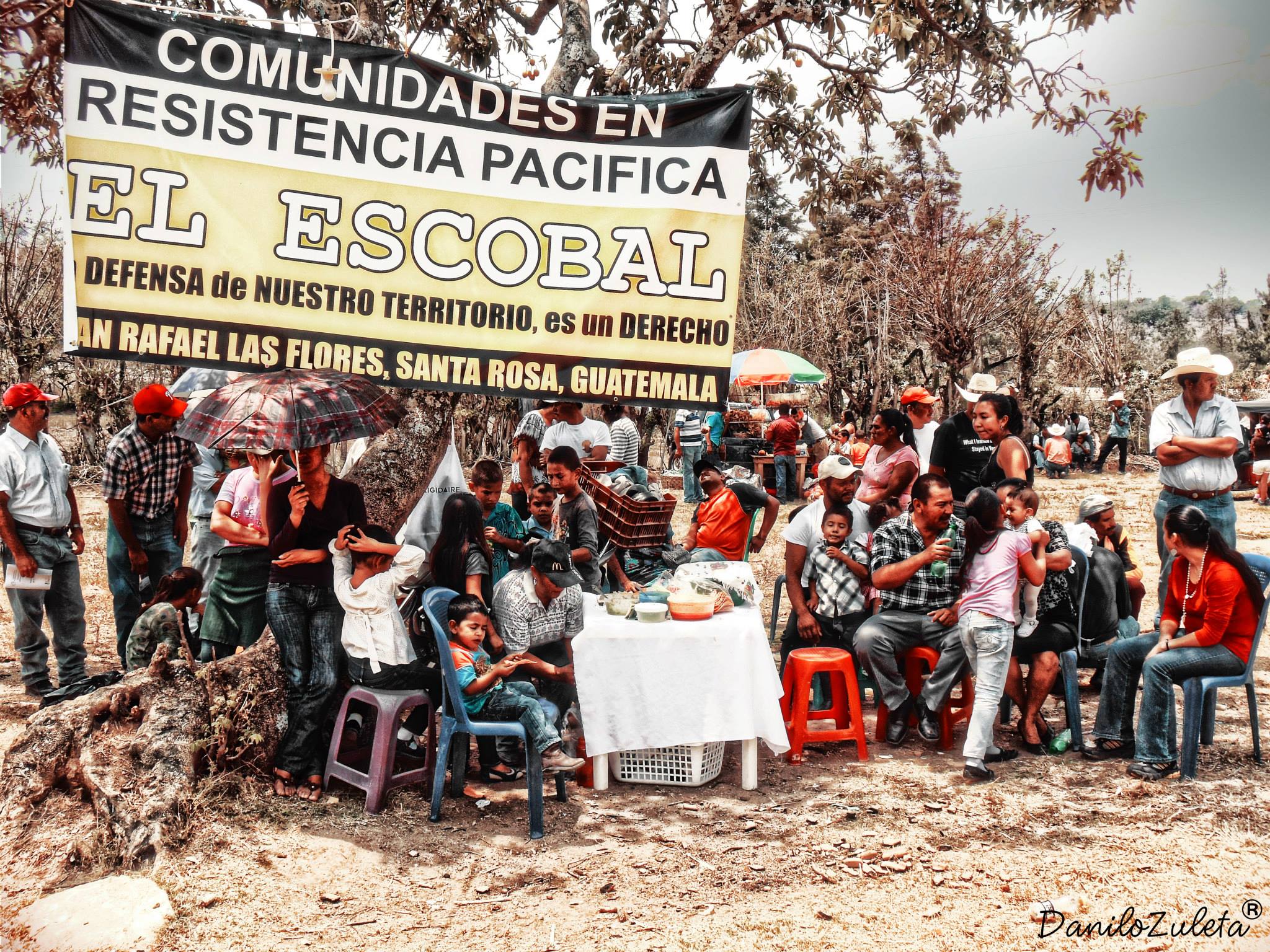
 More than 2,000 Indigenous Xinka people march through the streets of Guatemala City on April 9, 2018, to demand an end to Tahoe Resources' Escobal mine. Photo courtesy of the Centro de Acción Legal Ambiental y Social de Guatemala (CALAS)
More than 2,000 Indigenous Xinka people march through the streets of Guatemala City on April 9, 2018, to demand an end to Tahoe Resources' Escobal mine. Photo courtesy of the Centro de Acción Legal Ambiental y Social de Guatemala (CALAS)

